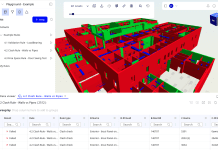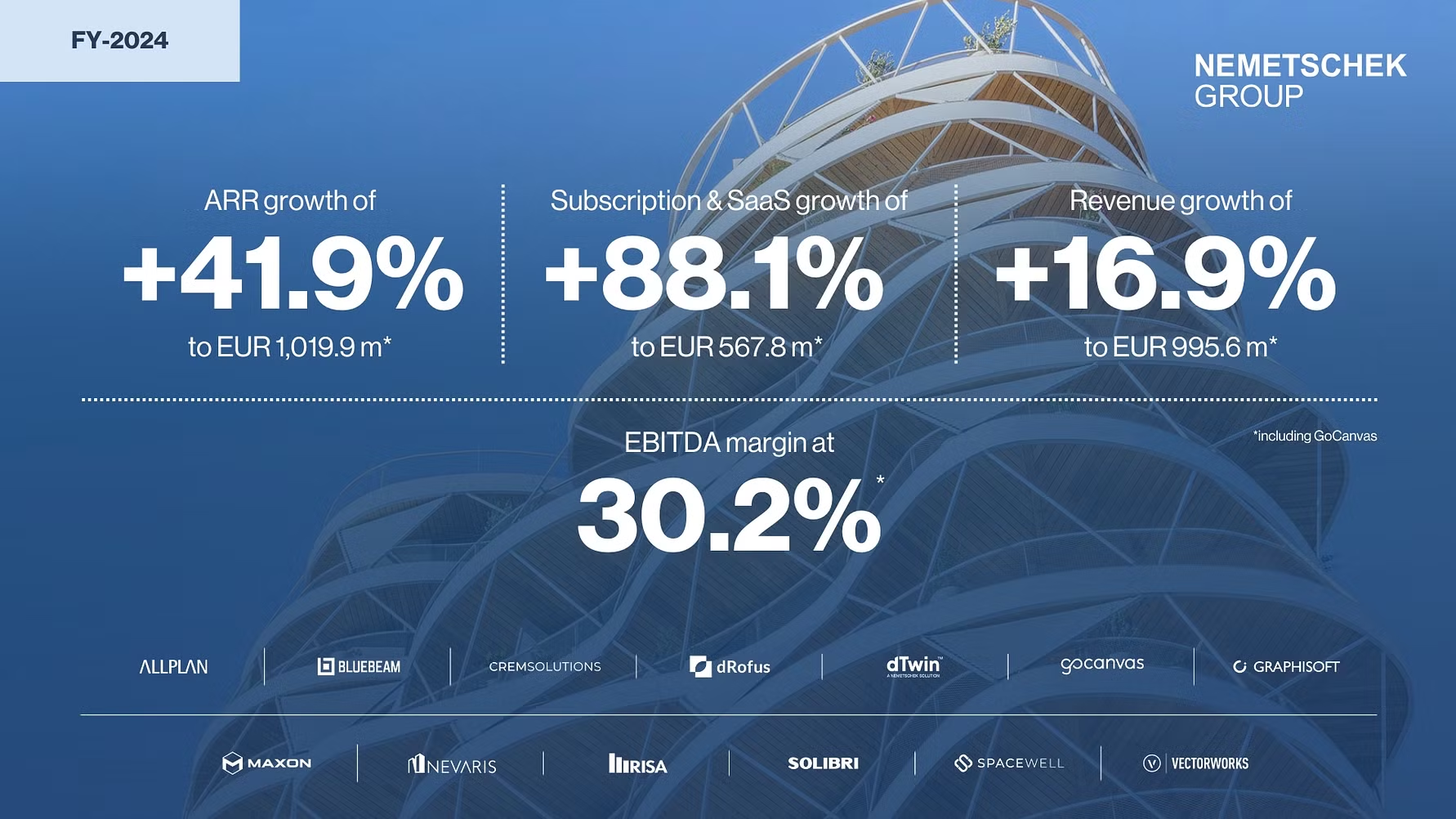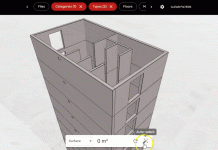It’s just over a year since the NBS launched its BIM Object Standard. The first of its kind in the world, the Standard defines clear requirements against which all BIM objects can be assessed, what constitutes a quality BIM object and provides the foundations for a consistent approach that can be adopted by designers, manufacturers and BIM content developers. It covers geometry requirements, functionality requirements, information and metadata requirements.
Unlike other BIM guides, the NBS BIM Object Standard is not tied to a particular software package, but is platform neutral and tailored to supporting all file formats as well as open standards such as buildingSMART’s IFC.
With the 2016 Government mandate for BIM use on centrally-funded projects now looming, the success of the NBS BIM Object Standard is demonstrated by the numbers: almost 7,000 downloads of the document and more than 10,000 unique visitors to the guide page on the NBS National BIM Library website.
Further, the feedback we’ve had from manufacturers has been incredibly positive with leading companies such as Hochiki Europe, Ideal Standard and Velux reporting that they see the NBS BIM Object Standard as critical to the future of BIM. Their view is that simplifying the specification process and providing high quality, consistent digital information will help drive adoption.
All of the objects that can be downloaded from the NBS National BIM Library have now been upgraded to meet the NBS BIM Object Standard. The launch of the hosting and verification service, which enables third-party authored objects to be featured on the site once verified that they meet the Standard, will mean thousands more products are to become available over the coming months.
To aid adoption of the BIM Object Standard in the UK we have made it available through the NBS National BIM Library Autodesk® Revit® component and project templates. The NBS Templates for Autodesk® Revit® are project or family template files which have been pre-loaded with the shared parameters required by the NBS BIM Object Standard.
The templates can be used to streamline the adoption of the NBS BIM Object Standard by eliminating the need to load each shared parameter individually, and manually sort the property into the correct group.
When used alongside the NBS Shared Parameters file, the Autodesk Revit templates will aid you in providing consistent data standards and parameter GUIDs across your BIM ready business.
The NBS Templates for Autodesk® Revit® are all available online.
We have also made available Shared Parameters for Autodesk Revit which have recently been updated to include all IFC 2×3 properties.
The NBS BIM Object Shared Parameters have been developed in line with the NBS BIM Object Standard. This allows the designer to create BIM objects that will work in tandem with the NBS National BIM Library BIM objects.
By using the NBS BIM Object Shared Parameters the designer will gain consistency when scheduling and co-ordinating information.
The shared parameters file can be downloaded from nationalBIMlibrary.com .
The influence of the Standard is also spreading beyond the UK. In July of this year, we announced partnerships with NatSpec in Australia and Masterspec in New Zealand to establish the BIM Object Standard across both countries. This will support the development of national BIM libraries, developed along similar lines to the NBS National BIM Library. We are also in discussion with other equivalent international organisations about partnering to develop consistent standards, something NBS believes is vital in an increasingly global construction industry.
Despite the undisputed success of the NBS BIM Object Standard, we are not resting on our laurels. Technological, political, economic and social change means the industry continues to move on; as BIM adoption increases so different standards emerge and the NBS BIM Object Standard needs to evolve to take account of new developments and approaches.
We are planning a comprehensive review of the NBS BIM Object Standard during the last quarter of 2015 and publication of an updated and revised version early next year.
To help us with this we are calling on the industry to provide us with feedback and tell us what they like about the Standard and what they think we could do better. To create a Standard for the industry, we need to know what the industry wants.
To give us your comments, please email us at info@thenbs.com













